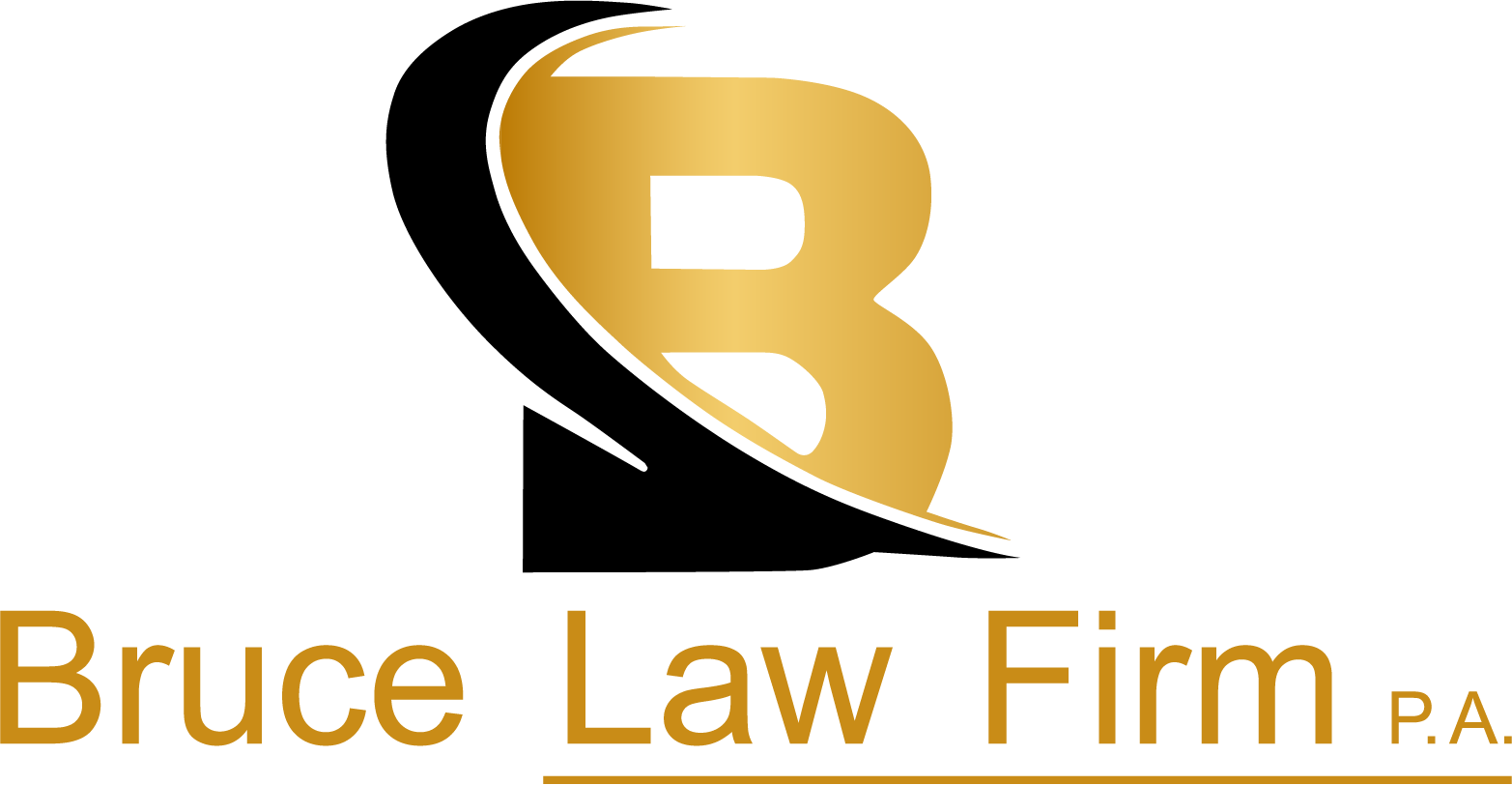For many of our clients, the issue of “how do we deal with the business” is one of the most important issues to address in their divorce. This Florida Divorce Business Valuation Overview explains the core principles of valuing a business or professional practice in a Florida divorce.
These principles below are equally applicable to active and passive investments made in business entities that are not publicly traded (including partnerships, joint ventures, etc.).
A business or professional practice must be made part of the division of property upon divorce, along with all of the other marital property. However, in many instances, determining the value of a business requires more than simply looking at bank accounts and balance sheets, and requires a more in-depth analysis of the company’s general ledgers, check registers, inventory, and in some instances, particular knowledge of the industry in which the business operates.
This is where a divorce attorney with an accounting background can come in handy. But, even if your lawyer enjoys burying themselves in spreadsheets, you will likely need to hire a forensic accountant experienced in divorce accounting, and in some instances specialized appraisers, to assist your lawyer in determining the appropriate valuation for your business.
The most common issues relevant to handling and valuing a business or professional practice in a divorce are: (1) who gets the business/practice in the divorce; (2) what is the valuation method used; and (3) does the value of the business include a “goodwill/reputation value.”
Who gets the business in the divorce?
Florida Divorce court judges are usually inclined to allow the spouse that ran the business during the marriage to keep the business after the divorce.
If both spouses were involved in the business, then the judge is likely to find a way to keep them from being in business with each other after the marriage is over.
If you ran the business during the marriage, and your spouse’s role was nonexistent or strictly administrative in nature, then you will likely keep control of your business in the divorce. Similarly, if the business is a professional practice such as a law firm or medical office, the spouse who is the professional is going to keep the business.
If the business has other partners/shareholders besides you and your spouse, then the judge is more likely to award the marital shares in the business to the spouse that has a best likelihood of maintaining control over the enterprise in the future. Judges try to avoid situations where a former spouse ends up having their business interest effectively rendered worthless by corporate bully tactics of other shareholders aligning with one spouse over another.
The valuation method:
Many businesses subject to a Florida Divorce Business Valuation will be valued based on a “net book value valuation.” This means that the value of the business for purposes of the divorce will be the value of the company’s assets minus its liabilities. In most other instances, an “enterprise” value can be given to the business, which is more reflective of the price a willing buyer would pay for the business.
The difference between which valuation method is used typically depends on whether the company’s “goodwill” is to be part of the value, which is an issue explained in the next section below. Regardless of which valuation method is used, there can be a great deal of time spent determining the value of a company’s assets or liabilities, as each line item of a balance sheet is subject to manipulation/speculation.
This is especially the case with determining the appropriate value of a company’s inventory, accounts receivable, and property/plant/equipment line items, as the true fair market value of these items is often different than the depreciated values reported for tax purposes and internal reporting. In some instances, especially when the business houses inventory or has operations requiring the use of specialized, expensive equipment, the valuation of the business ends up becoming a compilation of multiple “mini-valuations” of the major aspects on the company balance sheet.

Is there “goodwill/reputation value?
The issue of whether a “goodwill/reputation value” is included in the value of a business is critical in a Florida Divorce Business Valuation. This is because the character of a business’ goodwill determines the methodology used for valuing the business in a divorce.
With few exceptions, when a “personal goodwill case” is identified, the valuation of the business is much simpler, especially in cases where the inventory or other assets of the business do not present any unique valuation issue. In most situations, the upfront identification of “personal goodwill cases” makes it easier for the parties to agree upon a value of a business without devoting significant resources towards a full blown business evaluation.
Personal goodwill is goodwill attributable to the skill, reputation, and continued participation of a spouse in a business. This is most common with professional practices, where the entire value of the business is riding on the reputation of the lawyer, doctor, or other professional who is the primary revenue generator. In most jurisdictions, personal “goodwill” or “reputation value” must be excluded when assigning a value to a business.
The theory behind this is that any value that attaches to a business as a result of personal goodwill/reputation, represents nothing more than a spouse’s probable future earning capacity, which is not awarded in a divorce. Divorces involving a professional practice, such as a legal or accounting practice, almost always represent “personal goodwill cases.”
With many professional practices, the business valuation is relatively simple. The company’s value will primarily consist of the money in the company bank accounts, accounts receivable, accounts payable, and the whatever fair market value there is to the assets of the practice (the desks, computers and the outdated phone system).
Enterprise goodwill is defined as the value of a business “which exceeds its tangible assets” and represents “the tendency of clients/patients to return to and recommend the practice irrespective of the reputation of the individual practitioner.” Unlike personal goodwill, enterprise goodwill is included in the value of the business for purposes of divorce. A classic example of enterprise goodwill would be the goodwill associated with a food or automobile franchise. With these businesses, most consumers will frequent the business due to the reputation of the product/brand, and not the name of the franchisee.
The distinction between “personal goodwill cases” and “enterprise goodwill cases” can seem harder to determine in some businesses, especially quasi-franchise type businesses. A classic example would be the valuation of the branded dental and healthcare clinics that now occupy office space everywhere, or other businesses where some but not all of a customer base is drawn to a business because of the reputation of its owner.
The key to determining whether the goodwill is personal goodwill or enterprise goodwill in these “close call” cases, is the necessity or existence of a covenant not to compete if the business is sold. At least in a Florida Divorce Business Valuation, the goodwill of a business associated with the owner executing a legitimate covenant not to compete is considered personal goodwill that isn’t valued in the divorce.
- Review this with one of our attorenys- Schedule a Conversation
- Call today to schedule a time to talk to an attorney (561-286-8275)



